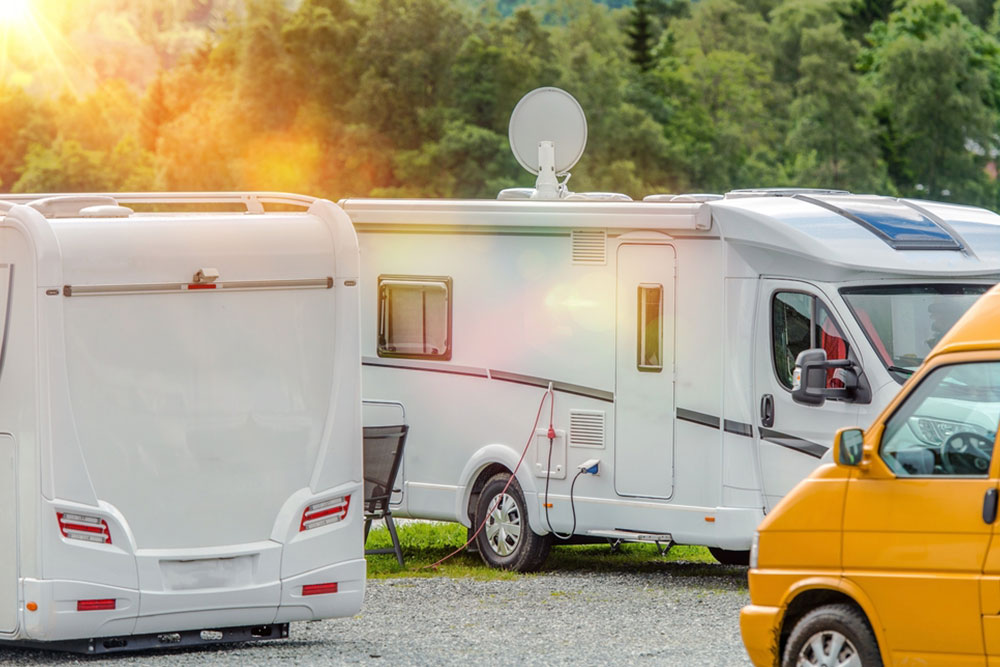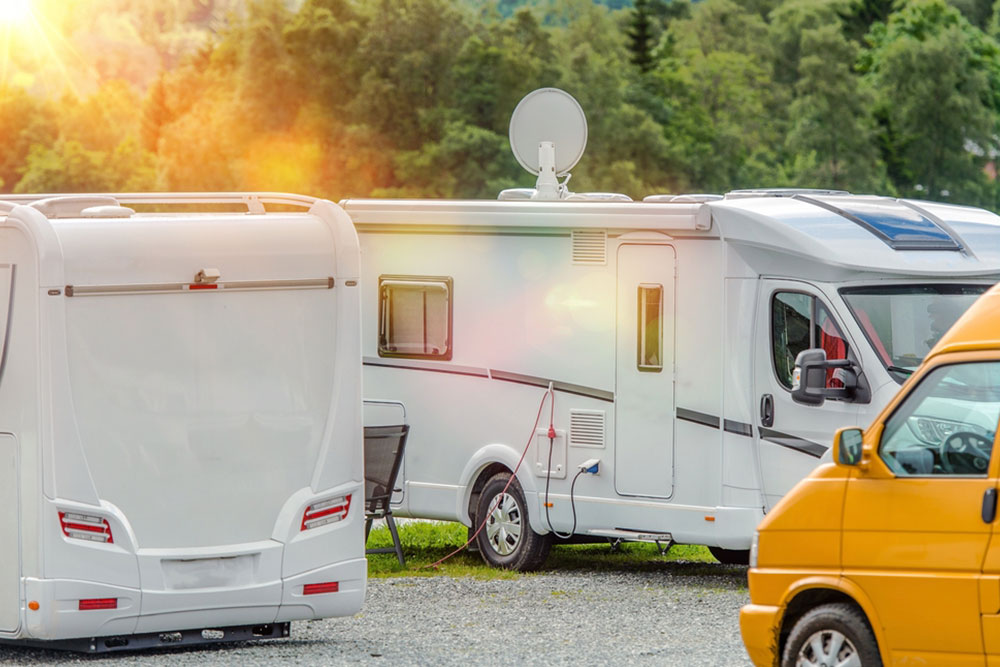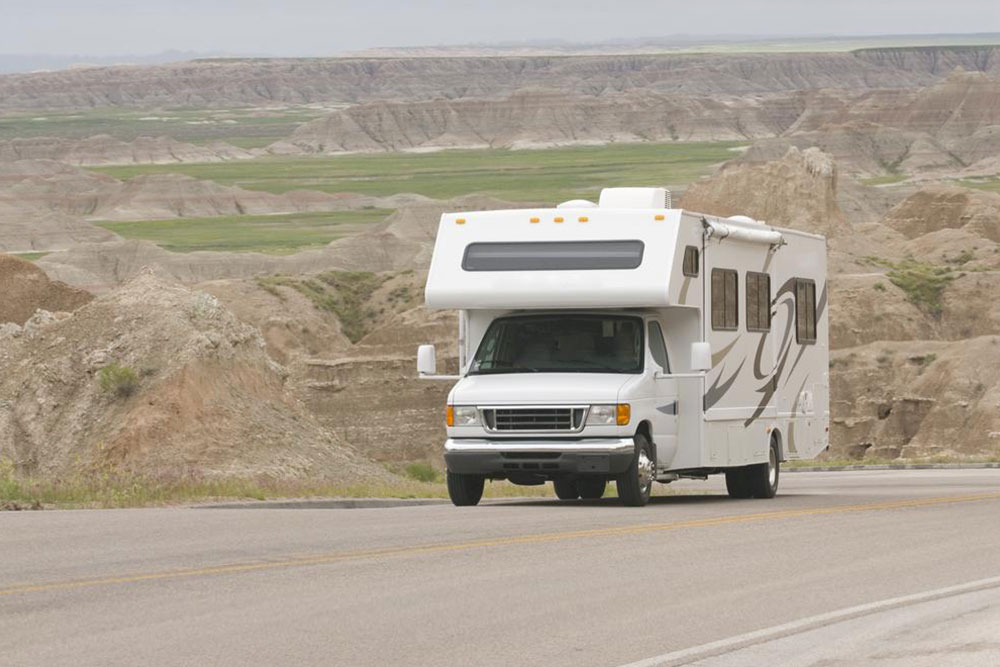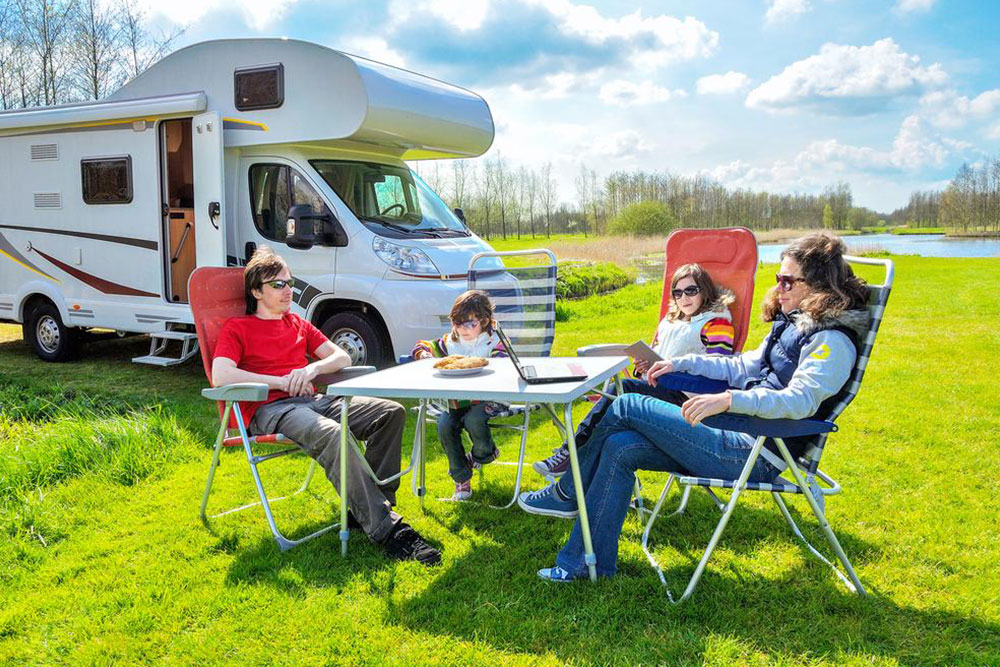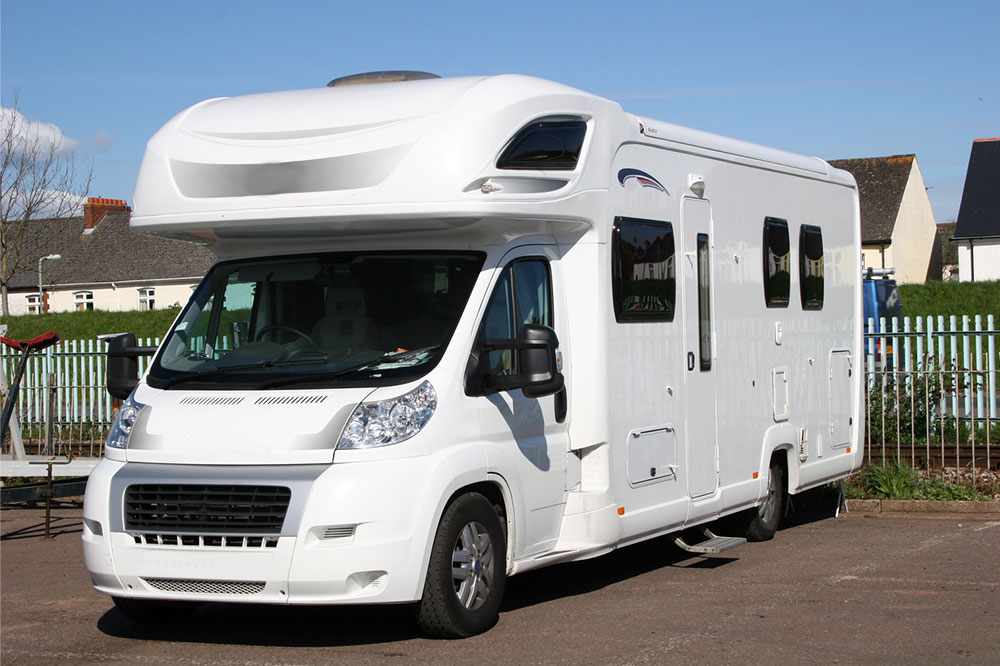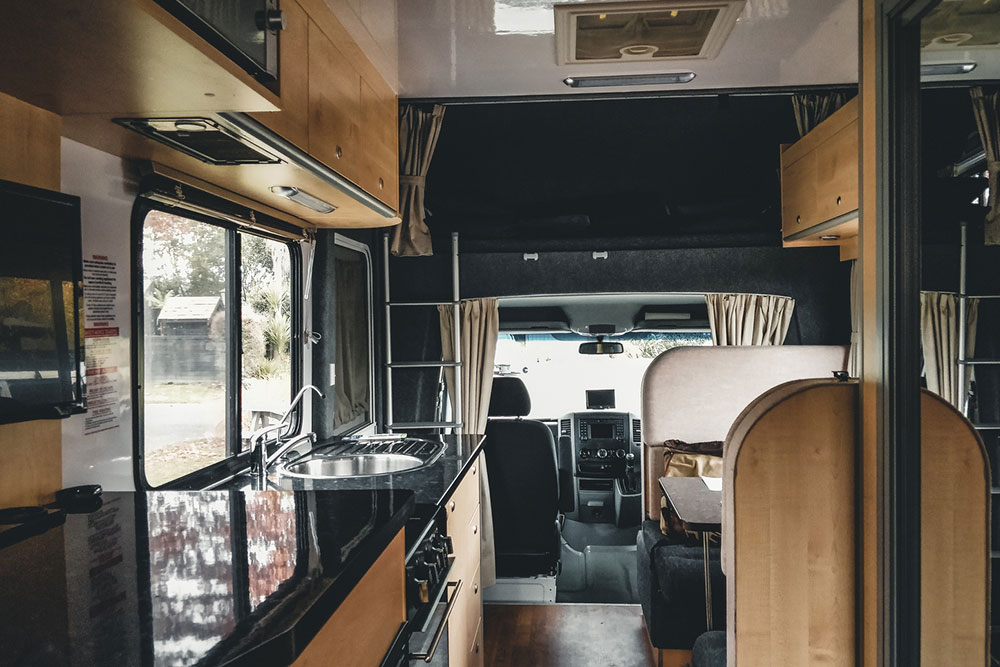Complete Guide to Buying a Used Recreational Vehicle (RV) for Your Travel Adventures
This detailed guide provides essential tips for purchasing a used RV, covering everything from research and inspections to test-renting and negotiations. Perfect for prospective RV buyers, it emphasizes informed decision-making to find reliable, affordable motorhomes suited to your travel needs. Learn how to explore options at trade shows, evaluate vehicles thoroughly, and negotiate confidently for a successful purchase, ensuring your adventures on the road are smooth and enjoyable.
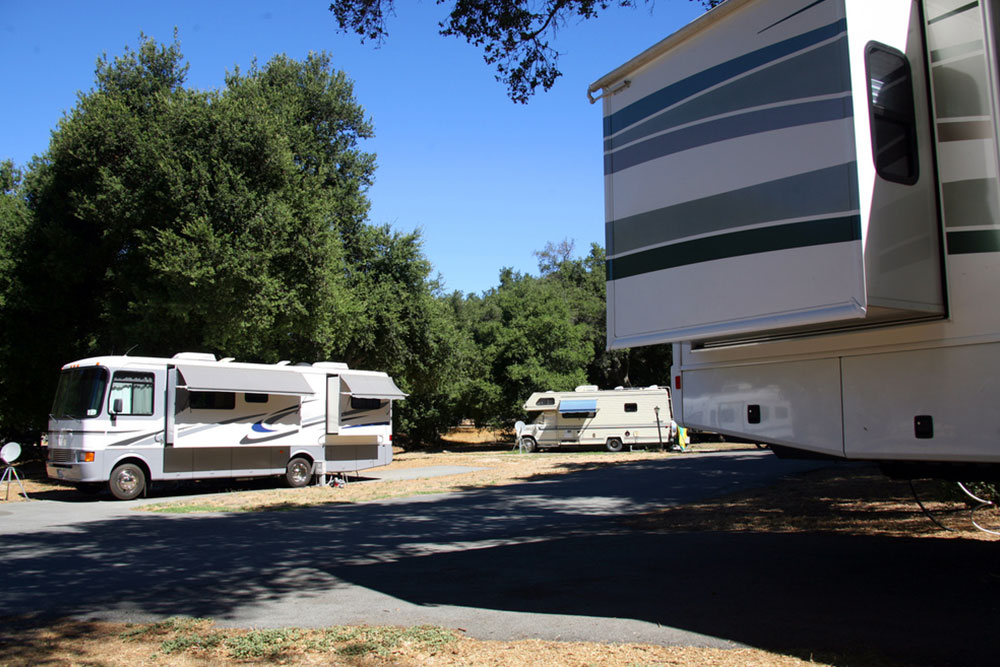
Complete Guide to Buying a Used Recreational Vehicle (RV) for Your Travel Adventures
Embarking on the journey to purchase a pre-owned recreational vehicle (RV) can seem complex at first glance, especially given the multitude of options, features, and considerations involved. However, with thorough preparation and careful planning, buying a reliable and affordable used RV becomes a manageable and even enjoyable process. This comprehensive guide aims to walk you through each essential step, helping you find the perfect motorhome that aligns with your travel goals, lifestyle, and budget.
Many prospective buyers feel overwhelmed by the perceived risks of purchasing secondhand vehicles. Concerns about hidden damages, maintenance issues, or incompatibility with travel needs are common. Yet, by following proven strategies—such as detailed research, inspections, and expert advice—you can mitigate these risks and confidently select a used RV that offers durability, comfort, and value for money. Whether you’re a seasoned traveler or new to the RV lifestyle, understanding the key factors involved in choosing a pre-owned motorhome is crucial for a satisfying investment.
Extensive Research and Attending RV Shows
To begin your journey, comprehensive research is indispensable. Start by exploring different RV models, sizes, and features to understand what options are available within your budget. Visiting RV expos and trade shows is a highly recommended step; these events provide an excellent platform to examine various models firsthand, learn about latest trends, and gather insights from industry professionals and experienced RV owners. Remember, attending these shows doesn’t mean you are obligated to buy on the spot; it’s primarily an educational experience that helps clarify what specifications, amenities, and configurations suit your travel style.
In addition to attending events, it’s important to determine the right size and type of RV based on your planned destinations and travel needs. For instance, a compact camper might be ideal for quick getaways, whereas a large motorhome offers more space for family trips. By attending various RV shows, you gain insight into which features are most essential—be it sleeping arrangements, kitchen facilities, entertainment systems, or off-grid capabilities—without feeling pressured to make an immediate purchase.
Test Renting an RV Before Buying
An effective way to ascertain whether a specific model meets your expectations is through rental. Renting an RV similar to those you are interested in allows you to experience the vehicle in real-world conditions. Use this opportunity to test driving skills, parking ease, handling, and comfort. Spend a few nights using the rental to simulate an actual trip; this hands-on experience can reveal practical insights that online descriptions or pictures cannot capture, such as storage space, noise levels, or ease of access to appliances.
Gaining Knowledge Through Reading and Learning
To make an informed decision, educate yourself extensively about RVs. Books authored by seasoned travelers and industry veterans—covering topics like maintenance routines, troubleshooting, and common issues—are invaluable. Additionally, numerous digital resources, including blogs, forums, video tutorials, and manufacturer guides, provide up-to-date information. This self-education helps you understand what to look for during inspections, how to interpret technical specifications, and what potential problems to watch out for.
Finding the Right Model Through Community and Expert Advice
Once you narrow down your options, join online forums and communities dedicated to RV owners. Reading user reviews and asking questions can shed light on the real-world performance and longevity of specific models. Engaging with experienced owners provides practical advice not always available through sales channels. Their insights on maintenance costs, reliability, and common repairs help you weigh the pros and cons effectively, ultimately leading to a more confident purchase decision.
Locating Used RVs Online and in Your Local Market
The internet offers numerous platforms such as rvzen.com, where you can search for used RVs filtered by model, year, price, and location. These listings often include detailed photos, seller information, and vehicle histories. Simultaneously, don’t overlook local dealerships and private sellers—sometimes, local markets offer hidden gems with less competition and negotiable pricing. Visiting nearby listings allows you to inspect vehicles personally without the need for extensive travel.
Thorough Inspection and Testing
Before sealing the deal, conduct a meticulous inspection using a comprehensive checklist. Focus on critical areas such as the engine, tires, brakes, plumbing, electrical systems, and appliances. Request the seller to operate appliances like the refrigerator, water heater, and generator during inspection to verify their functionality. Check for signs of leaks, rust, or prior accident repairs. If possible, hire a professional mechanic or RV inspector to conduct a detailed evaluation—this investment can save you from costly surprises down the line.
Effective Negotiation and Closing the Deal
Negotiation is a crucial phase that can significantly influence the final price. Approach this process with a respectful attitude, starting with an offer slightly below your maximum budget. Gather as much information as possible about the vehicle’s history and market value to support your proposal. Be prepared to walk away if the seller is unreasonable; often, this attitude encourages better offers. Once an agreeable price is reached, finalize the paperwork, review all documents carefully, and ensure any warranties or service agreements are clearly understood. Completing these steps ensures you walk away with a sound investment that will serve your travel adventures well for years to come.
